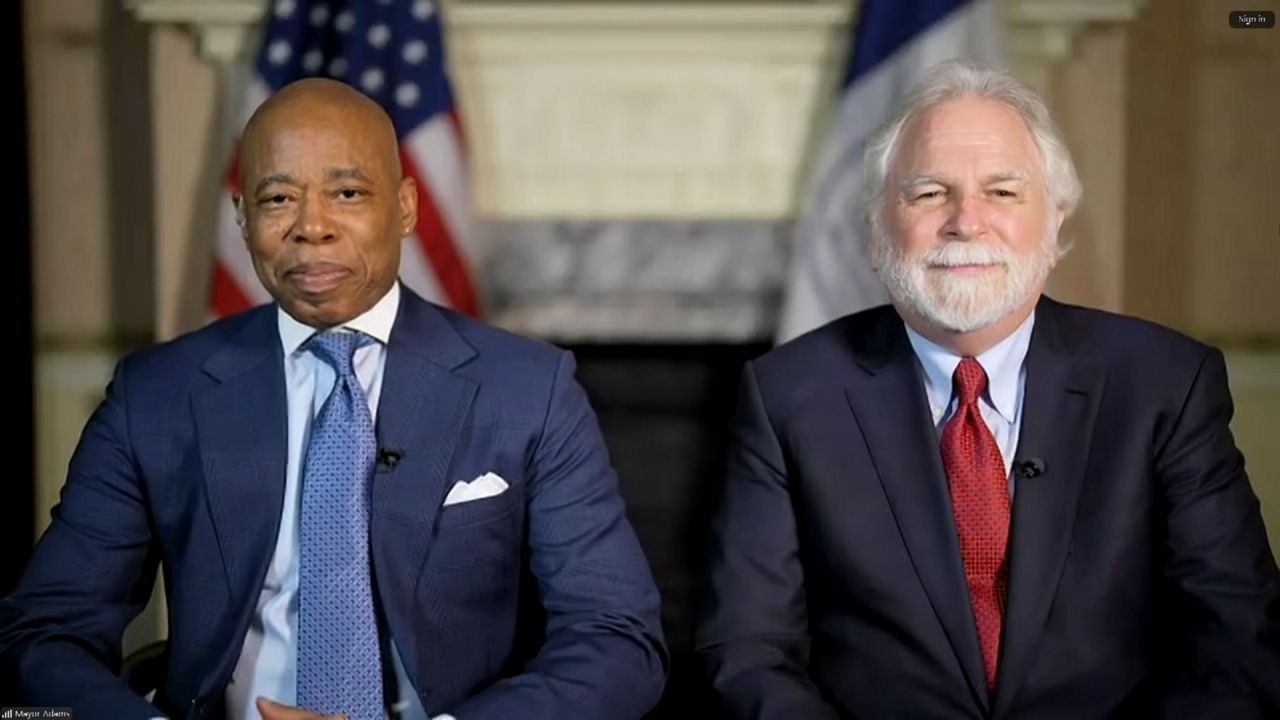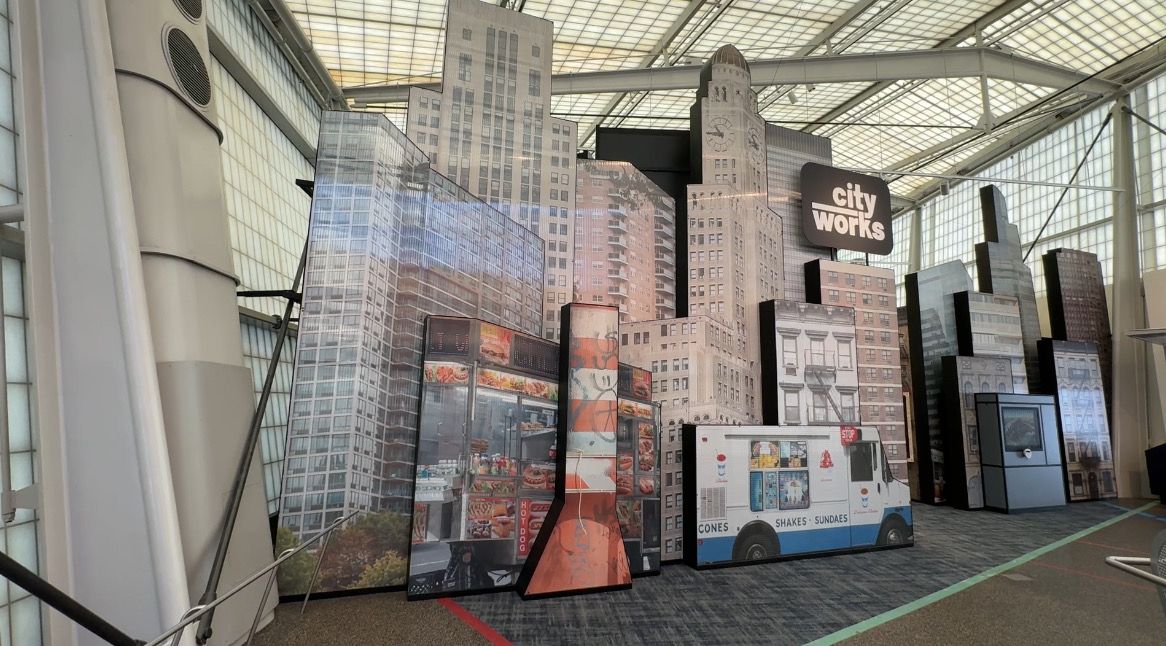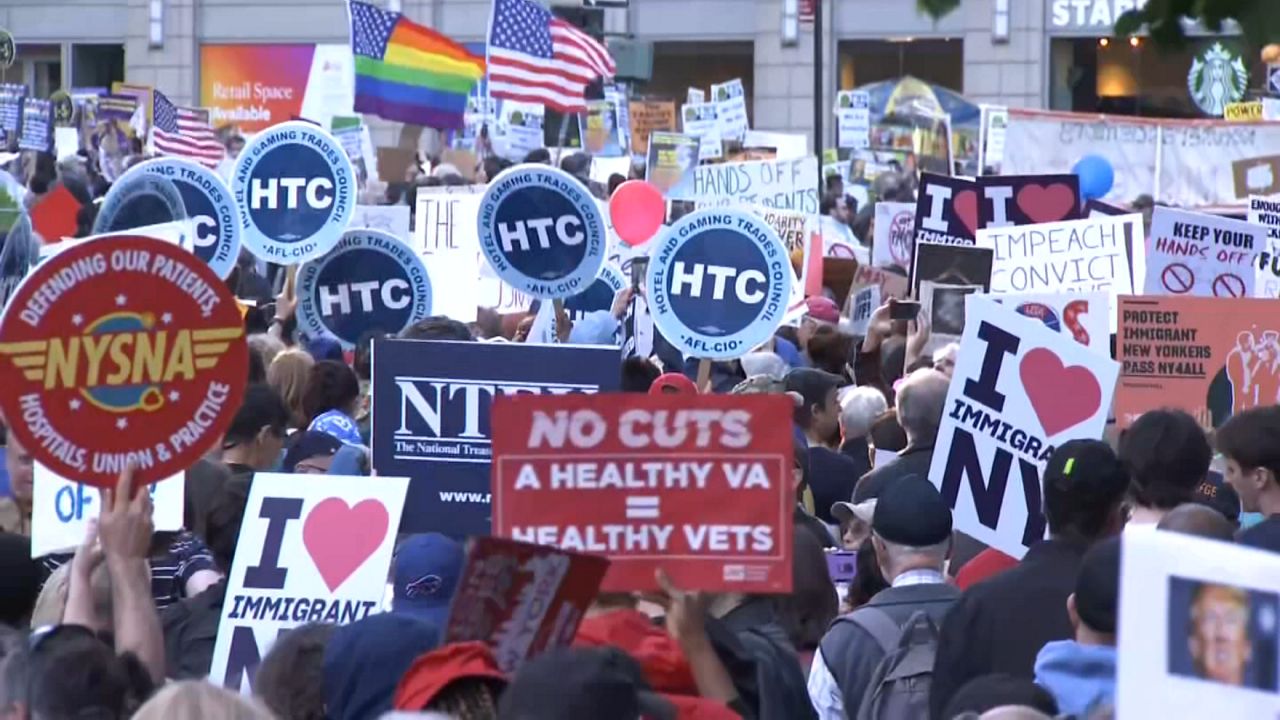President Donald Trump's tariffs are forcing some businesses across the country to pause international orders. But one longstanding business in the West Village says it can't afford to stop buying products and slow down sales.
The store is bracing for price increases because it depends heavily on manufactured goods from China and other countries hit by new tariffs.
What You Need To Know
- Garber Hardware, a family business that’s been around since 1884, has navigated World Wars I and II, the Great Depression and the 2008 financial crisis. It is now facing another challenge: President Donald Trump’s trade wars
- The store is bracing itself for price increases because it depends heavily on manufactured goods from China and other countries hit by new tariffs
- Nathaniel Garber Schoen, co-owner at Garber Hardware, says he'll try to absorb as much of his price increases as he can, but his customers will feel it too, especially on everyday goods in the store
Nathaniel Garber Schoen runs Garber Hardware in the West Village. Unlike a typical merchant, he says he’s not just looking to make a buck.
“I feel a responsibility to the community,” Garber Schoen, co-owner of the hardware store, said.
That became especially clear to him during the COVID-19 pandemic, when he relied on in-person sales to stay afloat.
“You know from an emotional standpoint, that was a good thing, people I think appreciated, just us being around,” Garber Schoen said.
Still, it was difficult financially because the shop reduced hours, and business was slow.
He now faces another challenge.
“A lot of the stuff in here, I’m sure, comes from China,” Garber Schoen said.
That means Trump’s tariffs, including the 145% tariffs on goods from China, will increase prices at the store.
Garber Schoen says he'll try to absorb as much of his price increases as he can, but his customers will feel it too.
“None of us want to be raising prices, we don’t wanna raise prices, the folks that we buy from don’t wanna raise prices on us, so there’s some absorption happening,” he said.
It’s not just his business that depends on it, his family legacy does as well.
Garber Schoen's great-great-grandfather opened the store as a pushcart when another New Yorker was about to enter the White House — Grover Cleveland in 1884. The family business navigated World Wars I and II, the Great Depression and the 2008 financial crisis.
“You know, you made it through. That was what was important. I’m sure that the [Great] Depression was a fun few years, I’m sure that both World Wars were a fun few years. A lot of the things that we sell are, derived from things that are commodities, so when metal was being restricted during the war, when things needed to be recycled, I’m sure was a challenge,” he said, reflecting on what his family has been through.
From actual wars to a trade war. Garber Schoen says throwing a wrench in the world economy doesn't make sense.
“This is a tax. This is not punishing anybody, but the people that need the things that they need,” he said. “I believe that we’ll be able to survive the trade wars.”
Garber Schoen takes some comfort knowing they’ve weathered tough times before, but knows he's dependent upon his customers.
"This goes beyond the current situation. I think people need to think a lot more considerately about their own habits, and where they’re shopping,” he said.
Hoping they keep coming back even if he has to raise prices.










_PKG_OS_Picks_050225_CG)

